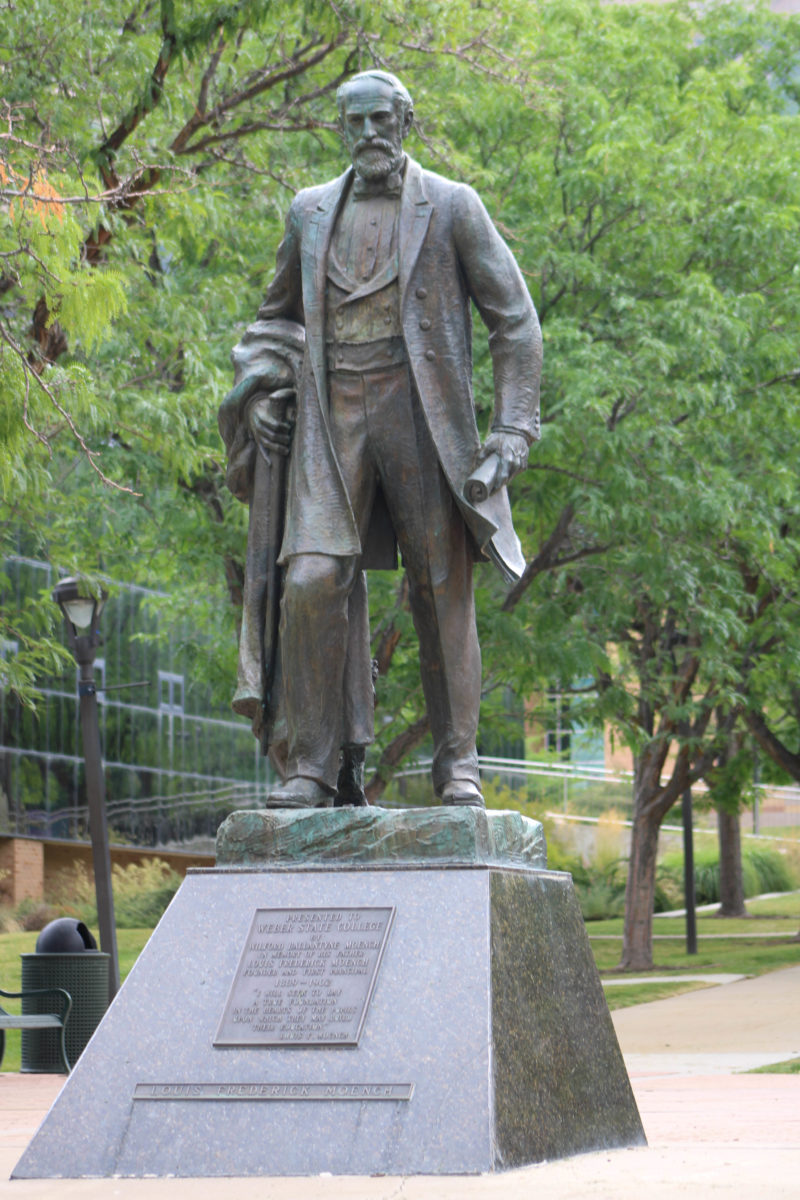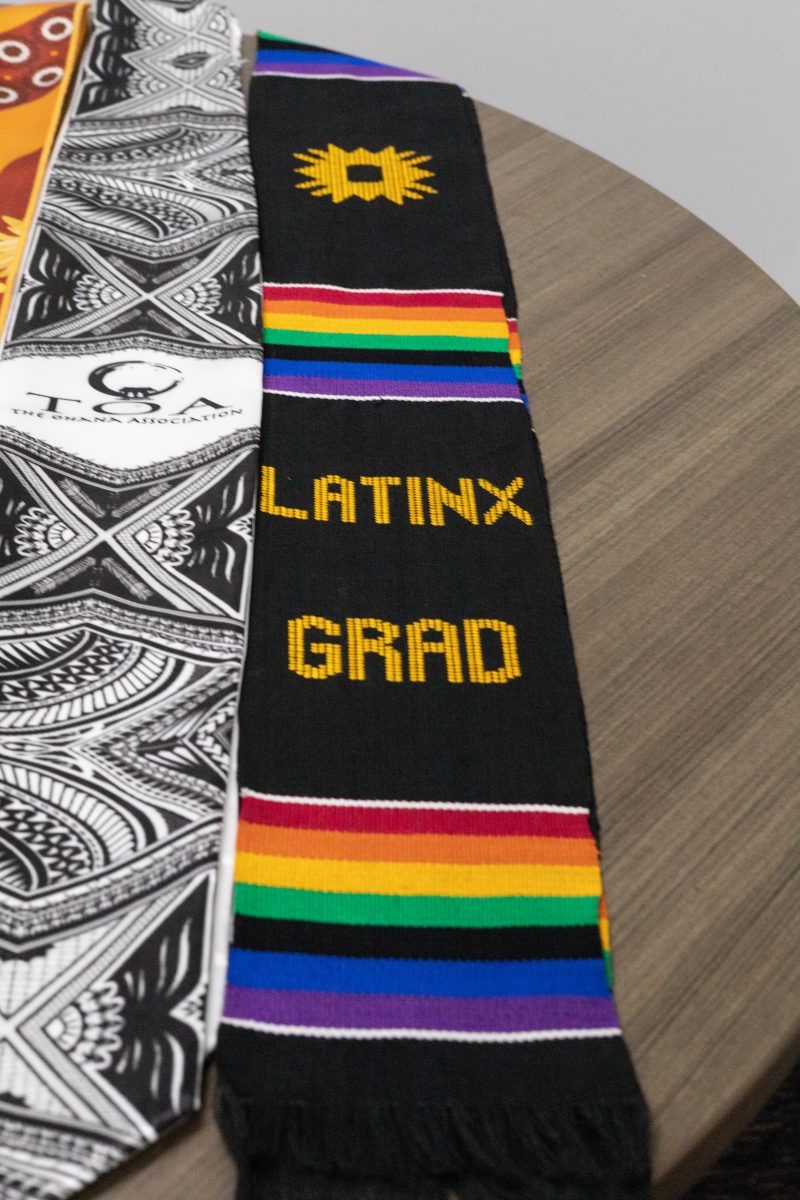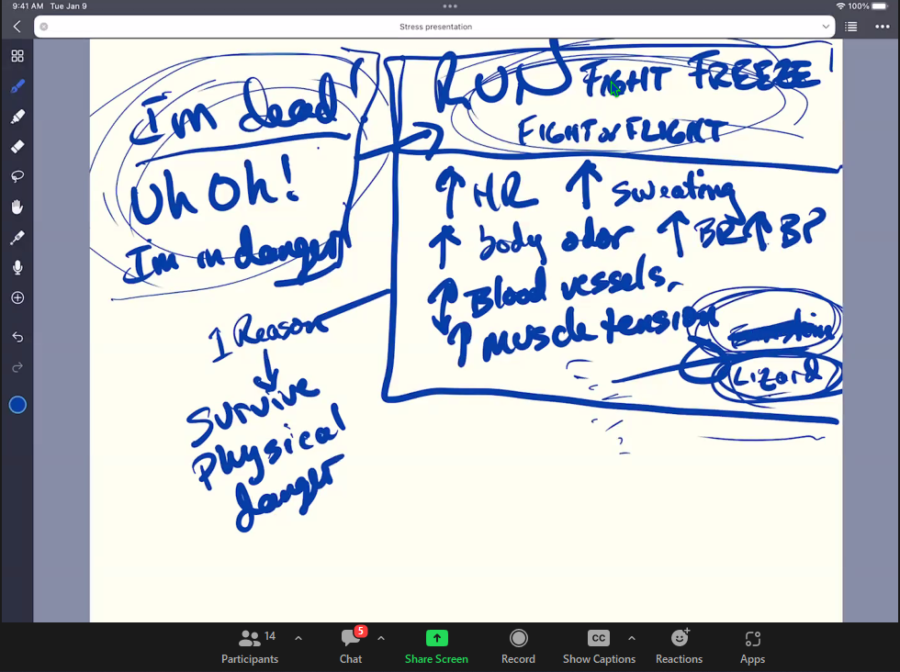I don’t even know where to begin talking about the Academy Awards this past Sunday. There was Jared Leto’s shout-out to not just Ukraine, but also Venezuela, as well as the LGBT community. Then there was Lupita Nyong’o’s beautiful acceptance speech and Steve McQueen’s celebratory onstage jump of joy. And Benedict Cumberbatch photobombing U2 on the red carpet. And then, of course, there was the musical tribute to Nelson Mandela and the incredibly smooth honoring of Harold Ramis by Bill Murray.
Even with Ellen DeGeneres’ occasional levels of awkward (yes, I took the bait and helped break Twitter with that selfie retweet), this was one of the best ceremonies in recent memory. In particular, the night saw “12 Years a Slave,” a story about the slavery in pre-Civil War America, and “Gravity,” a movie about an astronaut trying to make it back to Earth after a disaster leaves her alone, sweep through the awards. While “Gravity” snapped up the highest award count on Sunday night, including Best Director, “12 Years a Slave” walked away with the coveted Best Picture. And I couldn’t be more pleased. I didn’t fill out a guess ballot, but my guess choice for the Best Picture award was between those two movies. And not just because of the movies themselves. But of what they represented.
Before we get much further, let’s get this out there: I love analyzing movies and looking at them from a variety of perspectives. Movies quite often illustrate current societal values, sometimes intentional and sometimes not. While I appreciate the overall plot points from “Frozen” as well as “Let It Go” (Best Original Song . . . we won’t mention John Travolta’s weird issue with names), I still dislike the sloppy writing and characterization and take issue with the rampant cultural appropriation common in Disney films. And yet I will laud to the high heavens my geeky love and appreciation for “Pacific Rim.”
Yet for each of those movies, analyzing them brings some some interesting reflection on where we are as a society. And if you look at that same sort of lens at the Academy Awards’ top two, it’s a rather encouraging sign in a society that trends toward the exact opposite.
First, let’s talk about “Gravity.” In “Gravity,” the majority of the movie has one onscreen character. That’s it. And . . . she’s female. A female who isn’t overtly sexualized. Who isn’t demonized. Who’s just . . . human. Doing human things. Having human emotions. Trying to survive. How many movies out there that focus entirely on a non-sexualized adult female as the main character, played by a popular actress like Sandra Bullock, are this critically acclaimed and can relate to almost all audiences? How many movies that fit this criteria of feminine main-character-ness can you even name?
In short, “Gravity” is a signal that hey, you know what? Women can be the main character in films without being sexualized, without being the focus of a relationship with a man, without being the type of female character that seems to be in every other movie being made. Maybe we’ll get more strong female characters as the focus of movies about being a human in a strange situation. Who knows?
You can probably see where I’m going to go with “12 Years a Slave.” In a society where it’s discouraged to teach about racism in college classrooms because it might hurt a white student’s feelings, where people believe that racism is dead and white privilege isn’t real, I love that this movie won. Even if it won only because it was about slavery (much like how one particular past winner likely won because it was about the Holocaust), its win might mean that at least one person more might watch it. One person more might be interested in learning about modern-day racism and slavery. And the fact that it was the first Best Picture win for a black director? Huge. Children need heroes who look like them. They need to know that they can do it. As Nyong’o said in her speech, with something like this, “may it remind . . . every little child that no matter where you’re from, your dreams are valid.”
Good job, Academy.




















